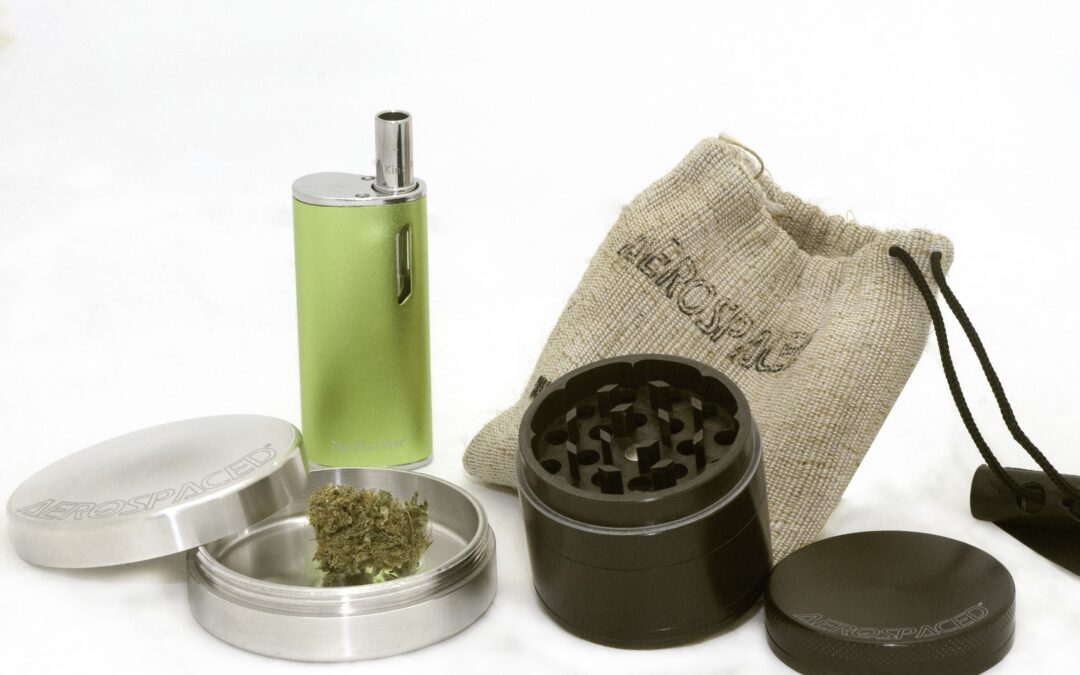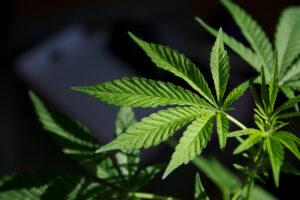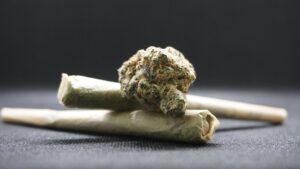It’s National Marijuana Facts Week, an opportunity to highlight the real harms of high-potency THC. Yet, sadly, here in Pennsylvania, two State Senators used this week to go in the opposite direction of public health and safety by introducing what may be the most extreme bill in the country to commercialize manufactured marijuana for recreational use.
While any proposal that incentivizes our government to profit from the more addictive use of marijuana is flawed and misguided, Senate Bill 120 (SB120) takes these misgivings to an extreme. It’s as if the drafters of this bill asked the marijuana industry, ‘What can you get away with?’—and then agreed to all of it.
Simply put, SB120 is incredibly irresponsible and exposes the true predatory nature of the marijuana industry.
Here are five reasons why:
1. SB120 Allows Unprecedented Amounts of THC in Packaging
SB120 sets the THC packaging limit for edibles at 1,000 mg—the most permissive standard in the nation. By comparison:
- Most states that limit THC packaging cap edibles and concentrates at 100 mg per package (13 states).
- Michigan allows 200 mg per edible package and 100 mg for infused beverages.
- Vermont and Virginia cap THC at just 50 mg per package.
This 1,000 mg dangerous limit in SB120 is 5 to 20 times higher than any state with packaging restrictions. This is a prime example of putting the profits of the marijuana industry ahead of public health and safety.
2. SB120 Fails to Set Real THC Potency Limits
While the bill requires a “high potency THC” label for concentrates exceeding 70% THC, it imposes no actual potency caps.
THC potency is the measurement of the psychoactive ingredient that produces the “high.” Two decades ago, if you smoked marijuana, it was a low single-digit THC potency. And you weren’t vaping marijuana because it hadn’t been invented yet by the industry.
Today, not only are users smoking marijuana that’s on average 18-23% THC, but there has been an explosion of manufactured marijuana products like edibles and concentrates that can range upwards of 90% THC potency and come in a variety of fruity flavors.
That’s why SB120 is so dangerous. Is 50–60% THC high potency? Absolutely. According to the DEA, “Marijuana concentrates contain extraordinarily high THC levels ranging from 40% to 80%”
Consequences from marijuana use rise exponentially with higher THC content. As the CDC puts it, “There is evidence suggesting the use of highly concentrated THC products is associated with more severe cannabis use disorder symptoms.”
SB120 sets the threshold at the upper extreme, minimizing risk concerns and, again, prioritizing the industry over public health and safety.
3. SB120 Strips Away Local Control
Many Pennsylvania communities and their residents will not want a pot shop down the street from their home. Under Section 293, municipalities are explicitly prohibited from banning pot shops in their jurisdictions. The bill states local governments “may not enact ordinances to prohibit a cannabis business establishment from locating within the unit of local government entirely.”
That means towns, boroughs, and counties would be forced to allow marijuana storefronts selling high-potency THC products for recreational use, regardless of community values or concerns.
This stands in stark contrast to most states experimenting with marijuana legalization, like Colorado and New Jersey, where the majority of municipalities have opted out of marijuana sales. SB120 eliminates that democratic choice. Any lawmaker supporting this bill is voting for big government control over local decision-making.
4. SB120 Expands Government-Sponsored Marijuana Use
Most Pennsylvanians may not know that the state piloted a program in 2022 offering $50 per month to help some individuals buy marijuana under the medical program.
SB120 would go even further, establishing a state fund to directly subsidize marijuana purchases. This is a misguided use of taxpayer dollars.
Parents across the state are seeing firsthand the harm marijuana use can cause, even among young people accessing it legally through medical cards. Expanding state-funded access will create additional problems.
SB120 would also legalize the growing of marijuana at home, further burdening landlords, law enforcement, and families with new risks, odors, and exposures. It’s a step toward full cultural normalization of a drug that poses real risks, particularly to young people.
5. SB120 incentivizes the State with Tax Revenues from Marijuana Addiction
SB120 would commercialize marijuana with a combined 14% tax (6% sales, 8% excise). This creates a financial incentive for the state to encourage more use of more potent marijuana products. The higher the potency, the higher the cost and, therefore, the higher the tax payment.
A bill like SB120 would allow marijuana companies to advertise and market their high-THC products, paving the way for an aggressive and pervasive marijuana culture. That means more billboards, more social media ads, and more normalization, especially in communities already struggling.
“Pennsylvania should not be the next state to repeat the costly mistakes we’ve seen from commercialization elsewhere. When we prioritize industry profits over public health, we see skyrocketing rates of youth use, psychosis, emergency room visits, and impaired driving. Senate Bill 120 would rob communities of their right to protect themselves and open the door to high-potency THC products, heavily marketed to children. Rather than forcing dispensaries on unwilling towns with zero means of redress, lawmakers should strengthen treatment, prevention, and local control so that families, not corporate CEOs, decide what’s best for their neighborhoods.” – Kevin Sabet, President & CEO, Smart Approaches to Marijuana
Bottom Line
SB120 is not about responsible regulation—it’s about enabling the marijuana industry and making Pennsylvania dependent on addiction-driven revenue. The costs to families, youth, mental health, and local communities are too high to ignore.
What you can do:
- Get informed and tell others. PA Family has a variety of helpful resources available at pafamily.org/truthonweed.
- Please contact your State Senator to oppose SB120 through our website (link below). Let’s not hand over our children and neighborhoods to the marijuana lobby.





This new bill is terribly irresponsible…